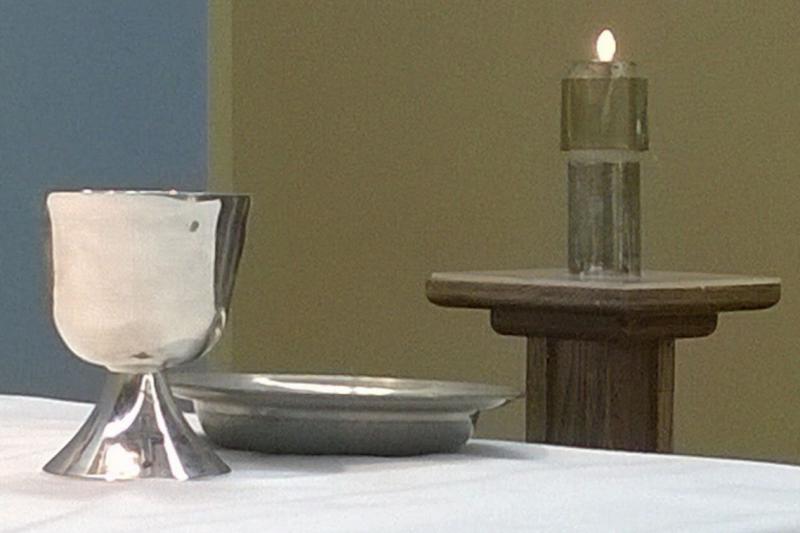We can only comprehend the mysteries of the Eucharist if we are humble. Jesus Christ does not communicate himself to the proud. Yes, a soul which does not humble itself impedes the fruits of communion. Consider these words of our Divine Master, which confirm and which add to others: You will be happy if you understand these things and if you practice them. It is true, my good Daughters. What are the obstacles to happiness? They are all the passions which rob the heart of peace: that is, the occupation with self, the ambition which enters even the heart of the religious. Having renounced the world and all its grandeurs, its empty benefits, it seems that there is no longer an obstacle; but by a diabolic miracle, we leave behind everything and keep our pretentions, we still wish to be lifted up, we are glad to obtain preferences by attracting attention, and if someone gives us a place, a charge that seems below our merit, we complain, we think we have been done wrong … It is true, my good Daughters, that you could not even feel the suffering of these little passions. However, I point them out to you so that you will stop them and uproot them from their beginnings, for if you do not indulge them early in order to establish humility in yourselves, if you are not on guard against these small expectations, if you do not absolutely sacrifice your pride and all these passions of the heart, I daresay that all your Communions will be useless and that you will go on to lose your vocation. …
Toward the end of the meal [Jesus] then instituted the Sacrament of the Eucharist which was the occupation of all his life, as he explains to us by these words: I have eagerly desired to eat this Passover with you. What was this eager desire which compelled Our Lord? Ah! It is that he wished to fulfill the promise that he had made to his Apostles to remain with them to the end of the age….
This is, my good Daughters, the Passover that we are called to make, which must unite us to the Savior and render us one with him. Do I speak to you also of the Sacrifice of the Mass, which unites us to Jesus Christ in a manner so intimate, where he renews the whole sacrifice of himself in our favor? But it is better to remain silent, for there is no expression capable of conveying such sublime mysteries. God did not need us, but he wants us to share his happiness. As consubstantial with the Father, he enjoys perfect happiness; but in creating us he made us for him, and so we cannot be happy without him, without the One who hands on to us a part of the happiness which he himself enjoys. Sin had broken these bonds, and we had separated from God, our creation’s end. The Lord comes to reestablish that union, but, my God, at what a price!

